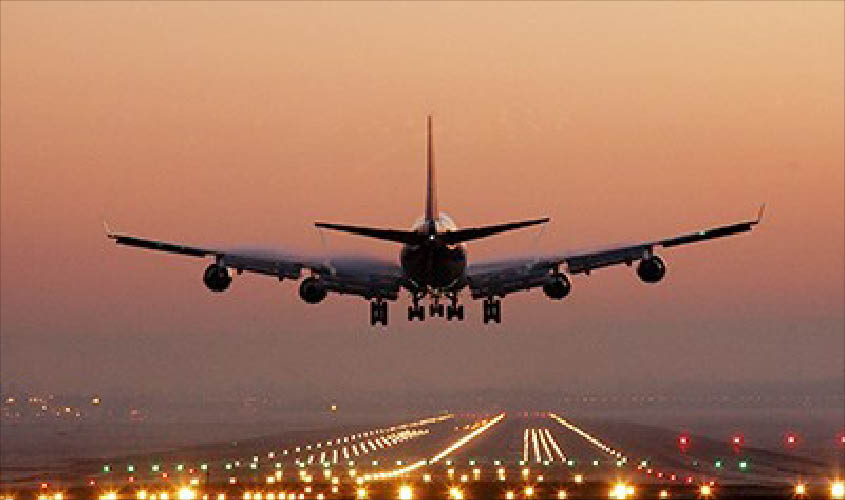Airlines register losses due to rising operational cost, taxes and fluctuating oil prices.
All major scheduled airlines in India, including the profit-making IndiGo, have registered a loss during the financial year 2018-2019 and airlines have pinned their negative financial condition to increasing operational costs, fluctuating oil prices, high taxes and aggressive capacity building.
Low Cost Carrier (LCC) IndiGo, which had been recording high profitability for the last four years, has for the first time recorded a loss of Rs 1,490 million in financial year 2018-19, while SpiceJet, that had recorded a remarkable turnaround story and had started to show profits in the last few years, also recorded a loss of Rs 2,661 million in financial year 2018-19. GoAir also recorded a loss of Rs 8,970 million, while national carriers Air India, AI Express and Alliance air together recorded a whopping loss of Rs 46,000 million in the same financial year.
Insiders in airlines and aviation experts say that the aggressive capacity building, in turn leading to more number of seats, has resulted in a drastic drop in the airline ticket prices and this, coupled with high operational costs, have led to woes in the aviation sector in India.
An officer from a leading airline company in India, who did not wish to be identified, said that the aggressive approach taken by the Low Cost Carriers has increased the financial woes of the aviation industry.
“IndiGo started to induct a new aircraft every week and they pushed their aircraft to almost all the routes at lower ticket prices and, therefore, increasing the competition for prices in all sectors, even forcing full service carriers to give their seats at a price of the LCC. However, operation costs kept increasing with higher taxes, oil prices, maintenance cost, etc and airlines are not being able to cope with all this,” the officer said.
Aviation experts in India also believe that unlimited competition, price war coupled with high operational costs and the current economic slowdown are the major reasons for the woes of the aviation sector.
Senior aviation expert and chairman of Starair Consulting Harsh Vardhan told The Sunday Guardian: “Price war does not allow anybody to stabilise prices while operational costs are constantly increasing. Airport charges and ground handling charges have all increased and it is a very high cost environment. Along with this, fuel price also plays an important role and it has been constantly fluctuating. India has one of the highest prices for Airline Turbine Fuel and this is because of the high taxes collected by the state governments. Moreover, devaluation of the Indian currency has also led to some of the woes of the aviation sector as airlines have to buy their parts and pay maintenance fees in foreign currency.”
“The government wants to make airlines more affordable which is good, but what the government is doing is bringing in more and more taxation, privatising airports, slapping user development fees, service charges, GST, all of which in turn, are burdening the aviation sector. The government should rationalise these taxes,” Harsh Vardhan added.
Experts have also pointed out that the current economic slowdown is one of the other reasons for a slump in the aviation sector.
Sanat Kaul, Chairman of International Foundation for Aviation, Aerospace and Development (IFFAD), told this newspaper, “Local factors are there and they are causing stress in the aviation sector, but the current economic condition in India is adding more stress to this sector. Thousands of people are losing their job, industries are shutting down and you see when the economy is on the downslope, the first thing that gets affected is the tourism industry and this includes the aviation sector.”
The government is, however, planning to make India a global aviation hub, but Kaul believes that the government is not taking any steps towards fulfilling this aspiration of the government.
“There is no policy regarding the aviation sector that exists with the Ministry of Civil Aviation that is going to make India a global aviation hub, except for the announcement. We have some absurd rules for our own airlines like the 5/20 rule for making them fly international and thus in the bilateral agreements we give our own slots to the foreign airlines,” Kaul added.

